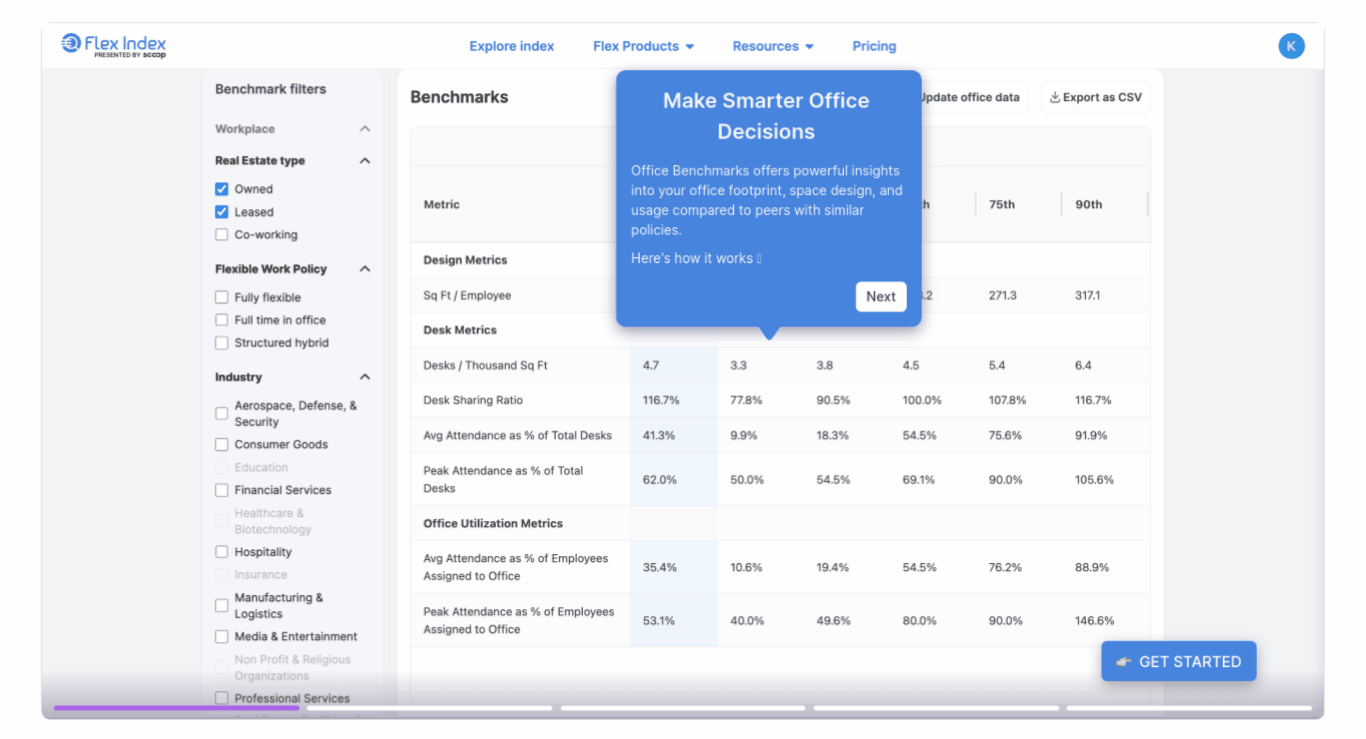New Flex Report | Tech Moving Away from Fully Remote
Our Technology Deep Dive is now live!
Current Subscribers: 6,651
Please forward to colleagues and friends! Link to subscribe.
Flex Report | Technology Deep Dive
We wrote our first Tech Industry Deep Dive in June 2023. At the time, Tech was by far the most flexible industry we tracked on Flex Index; 75% of Tech firms had Fully Flexible models, meaning employees were not required to spend any time in the office. Only 8% of Tech companies required Full Time In Office for corporate employees.
But over the last year, Tech companies have made plenty of headlines on their return to office policies. Major firms like Alphabet, Amazon, Apple, Meta, and Salesforce have all embraced Structured Hybrid policies with employees expected in the office roughly three days per week. On the other hand, there are some large company holdouts; NVIDIA is perhaps the most visible example as a company growing incredibly fast with no required office time.
Just over a year later, we’re revisiting the Tech industry to see what’s changed. Are we seeing a continued movement toward more Structured Hybrid models, or is Fully Flexible work gaining steam? Has there been any shift back toward Full Time In Office within these organizations?
In this report, we dive into the state of work location flexibility in the Tech
industry, with a focus on specific office requirement models and how they vary by size of company. There are some findings that might surprise you, particularly when it comes to the state of Fully Remote work in Tech.
Want a sneak peek of what’s in the report? Here’s a little preview👇
79% of Tech Firms Are Fully Flexible
79% of Technology companies are Fully Flexible, meaning they do not require office time for employees. That represents an increase of four percentage points from June 2023, when 75% of Technology companies were Fully Flexible.
Just 3% of Tech firms require Full Time In Office, the smallest of any industry tracked on Flex Index. The remaining 18% of Tech firms are Structured Hybrid, meaning there is a set expectation of some amount of time being spent in the office.
Fully Remote is Decreasing in Prevalence in Tech
Employee’s Choice is the most common policy type for Technology companies. 56% of Tech firms have an Employee’s Choice model, followed by 23% of Tech firms being Fully Remote (no offices at all).
While 23% is a higher percentage of Fully Remote firms compared to any other industry, that percentage is down significantly from June 2023. In June 2023, 37% of Tech companies were Fully Remote and 38% were Employee’s Choice.
Tech Company Office Policy Varies Significantly by Size
Policy within Technology companies varies dramatically by company size. An astounding 90% of Tech firms with less than 500 employees are Fully Flexible, with just 7% Structured Hybrid.
As Tech companies get larger, they are significantly more likely to adopt Structured Hybrid models. 37% of Tech firms with 500-5k employees are Structured Hybrid. That climbs to 74% for companies with 25k+ employees.
Compared to June 2023, all company sizes in Tech are shifting at least incrementally toward Structured Hybrid, with larger firms moving in that direction most significantly.
In the Media
Fortune: Flexible work killed summer Fridays but it could be a critical benefit for companies struggling with burnout.
Forbes: It's no longer just about working in the office or at home; the idea of everywhere work now includes where, when and how people get their work done, with flexibility becoming a rising top priority.
Harvard Business Review: Workers — particularly those considered “knowledge workers” who are able to do most if not all of their work with a laptop and an internet connection — have been fighting for the right to maintain control over their time for years.
One Last Thing…
Add your company to the Flex Index
Learn about Office Benchmarks
Become a guest ”Flexpert” contributor
Share this newsletter with friends and colleagues
About Office Benchmarks
Office Benchmarks offers powerful insights into your office footprint, space design, and usage compared to peers with similar policies. Maximize your workplace potential and make confident, informed investments.







